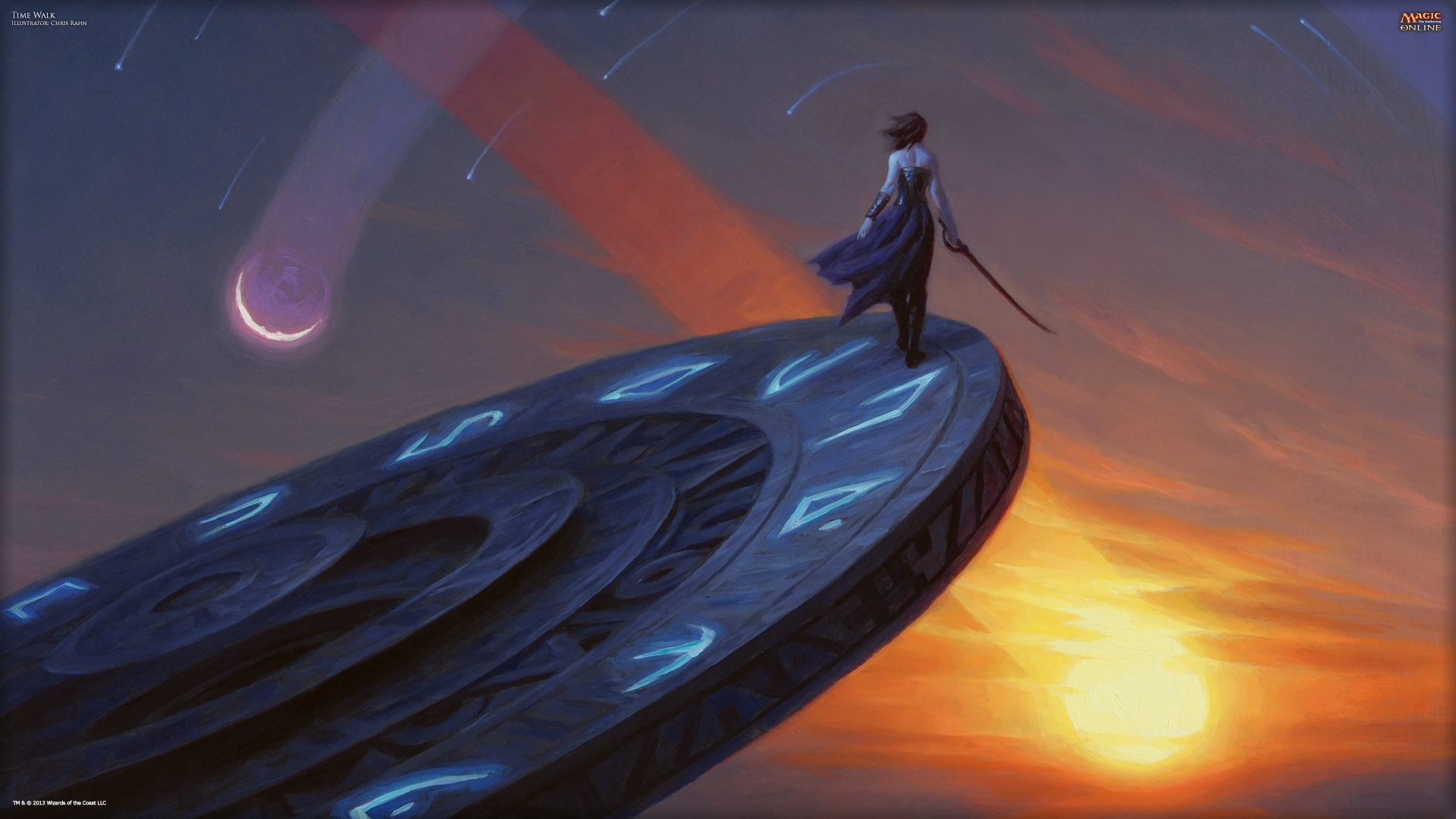What I really like about this deck is that it is very adaptable. Game one, it doesn't have any extremely GREAT match-ups, nor does it have any HORRIBLE match-ups. It is fairly close against all decks (except Dredge).
The other great thing is that we have a lot of options post-board, so we become a lot more favorable as we can adjust to our opponents decks. That being said, here is our tentative sideboard plan against most decks of the format. I will provide cards that go in, but not specific cards that come out, as that varies on the specific deck.
Dredge
We, like most decks, don't have a great game one against Dredge. If we can go off, we are faster, but we don't have the consistency that they do. We only need enough hate to buy us a turn or two so we can go off.
IN:
OUT:
Tormod's Crypt simply shuts their deck down. Once it hits the field, they can't really go off because as soon as they do, we clean out their graveyard. We can also sacrifice it in response to any artifact removal, so we get value either way. We use Crypt over something like Rest in Peace because it is a cheap artifact to bounce. Grafdigger's Cage, along with being a cheap artifact, also shuts down their ability to have creatures enter from the library (Narcomoeba) or from the graveyard (Prized Amalgam). The Tabernacle at Pendrell Vale is a way to shut them off since they don't have many mana sources.
Shops
Shops doesn't play fair. Making absurd amounts of mana to cast artifacts that lock you out of the game and then beat you to death. Here is how we deal with it.
IN:
OUT:
Hurkyl's Recall gives us an opportunity to boardwipe on end step and be able to go off. Fragmentize is a great option that takes out their lock pieces, and it doesn't let them play that artifact again. Swords to Plowshares is great spot removal against things like Lodestone Golem or Wurmcoil Engine. The Tabernacle at Pendrell Vale is a way to limit their board to give us just enough time to go off before we are locked out. The extra Plains is there to make sure we can cast all our hate without getting wasted.
Hatebears/Midrange
The fair decks of vintage. (Those exist?) Yes, and they are actually quite common in the format right now. They operate similarly to shops decks in the sense that they try to lock you out and beat you with creatures, but its more about taking away your abilities to do things like draw and activate abilities as opposed to casting your spells in the first place.
IN
OUT
Swords to Plowshares takes care of any threat, big or small. Fragmentize is there to take out Stony Silence, Null Rod or any other hateful artifact/enchantment. This deck is so common that we already run a fair amount of hate in the mainboard.
Oath
Oath decks rely on Oath of Druids and Forbidden Orchard to cheat out a win condition, generally Griselbrand. We pack a bit of sideboard hate for this matchup.
IN:
OUT:
-
A counterspell or draw spell just to make room for the hate cards.
Grafdigger's Cage simply doesn't let them go off. Fragmentize is there to take care of Oath of Druids before they have a chance to go off in the first place.
Storm
Vintage storm decks used to be extremely linear and easy to disrupt. These days, almost all storm decks run the same engine we do (Paradoxical Outcome and Bolas's Citadel). They don't have as much disruption as us though, so we can often stop enough key plays to go off ourselves a turn later. In MTG, you often want to be either way faster or slightly slower than the opponent. For this reason we are well setup against the mirror. We do bring in a few cards.
IN:
OUT:
The Hurkyl's Recall's are huge in this match. In response to their PO it is backbreaking, and they also help us because we can replay all our artifacts. Flusterstorm is also very important. They often only run Tendrils of Agony as a win-condition, so countering that is basically a win. Opposition Agent is helpful here to block them being able to tutor up their win-con once they have enough storm. Lavinia, Azorius Renegade is a HOSER against storm because she shuts down their protection and artifact mana (just like us).
Big Blue and Other Strategies
Definitely one of the more common decks we will come up against, but it shows up in many different flavors. They will either run some combination of the tinker-bot combo, or more of a tempo style deck with Delver
, Mentor and Young Peezey. A more combo heavy variant that falls under this category is Doomsday combo. All are decks that do lots of drawing and responding until they can assemble their win condition.
IN:
OUT:
-
Very match-up dependent. They may run different counters, draw spells, and win conditions. We need to base our decisions off of that. Some cards may be more useful than others.
Just like storm, Lavinia, Azorius Renegade shuts them down as well. Flusterstorm is there to win counter-wars, and works incredibly well. Finally, Opposition Agent comes in again to stifle them tutoring up their win condition.
Overall, as you can see, side-boarding with this deck can be complicated. However, we have plenty of options against a lot of decks, so we often improve our chances a lot going into game two.



